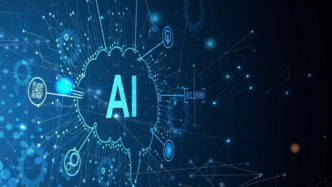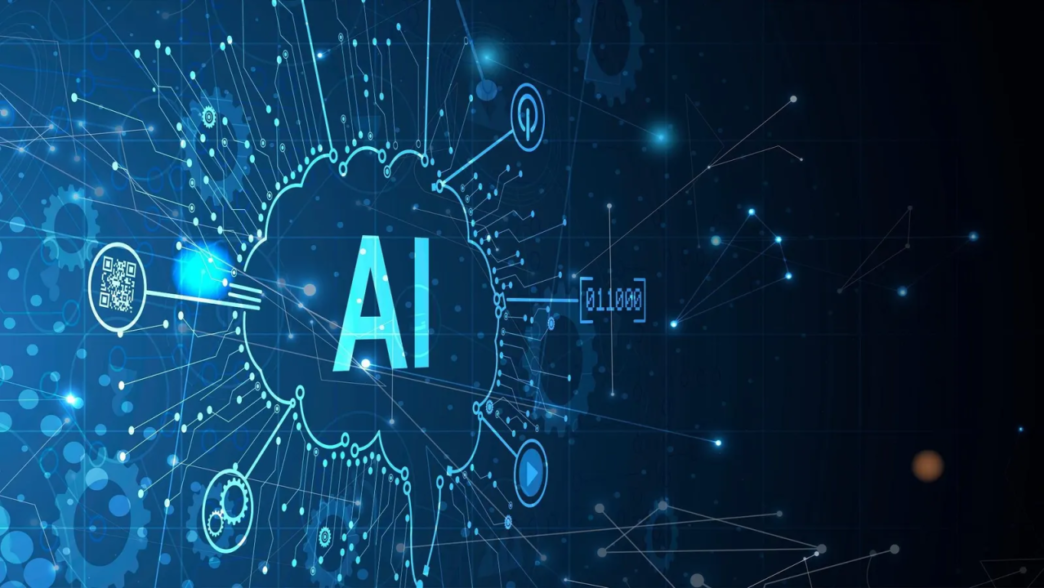Artificial intelligence (AI) stands as a monumental force in shaping industries, economies, and societal frameworks. However, the economic implications of this technology remain shrouded in uncertainty, marked by both immense potential and significant challenges.
At the heart of this discourse lies the work of MIT economist and Nobel laureate Daron Acemoglu, whose insights challenge prevailing narratives, offering a nuanced perspective on AI’s transformative journey.
Navigating AI’s Economic Ripple Effect
Throughout history, technological advancements have catalyzed economic growth. AI, however, brings unprecedented questions. Where will generative AI lead us? Which industries will flourish under its influence, and how equitably will the gains be distributed?
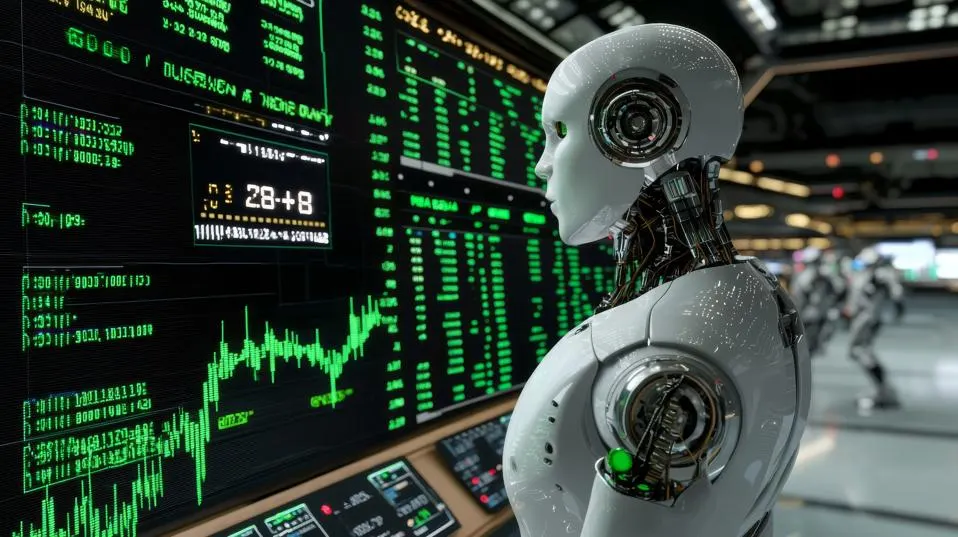
“Where will the new tasks for humans with generative AI come from?” Acemoglu poses. “I don’t think we know those yet, and that’s what the issue is. What are the apps that are really going to change how we do things?”
His research offers a tempered view of AI’s economic impact. In his 2024 paper The Simple Macroeconomics of AI, Acemoglu estimates a GDP growth boost of 1.1% to 1.6% over the next decade, translating to an annual productivity increase of 0.05%.
These figures, while notable, fall short of the bold promises often attributed to AI, spotlighting a gap between optimistic forecasts and measured reality.
AI’s Role in Transforming Jobs
AI’s impact on the job market remains a focal point. Studies suggest that within the next decade, 20-23% of U.S. job tasks could face automation, primarily affecting roles requiring data analysis, pattern recognition, and visual matching.
However, Acemoglu underscores that these changes will likely influence a limited set of white-collar jobs, accounting for about 5% of the economy.
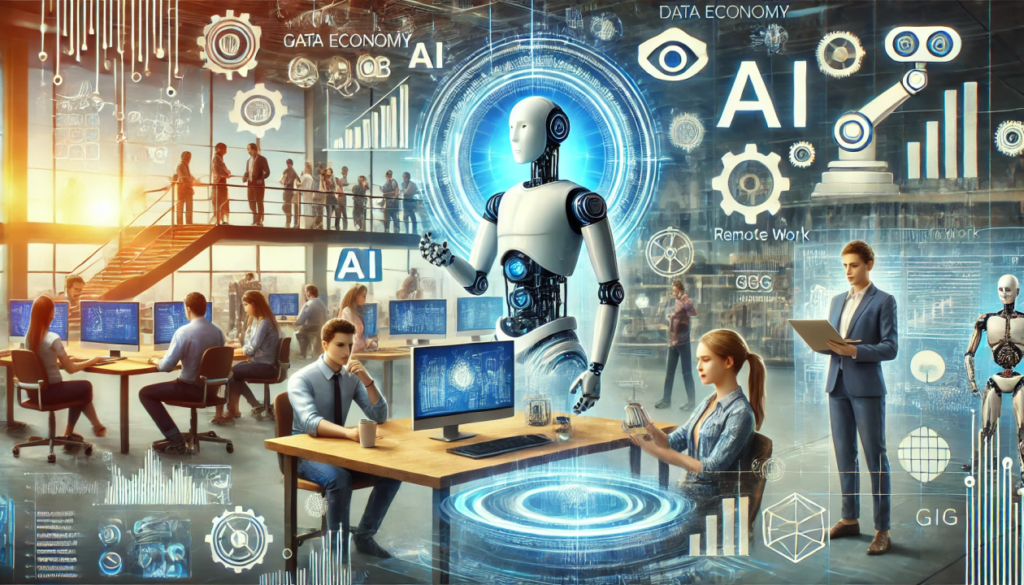
“A few occupations will be impacted,” he states, “but we’re still going to have journalists, financial analysts, and HR employees.” This measured outlook contrasts with extreme visions predicting widespread job elimination or utopian shifts.
Automation vs. Augmentation: Choosing the Right Path
Central to the AI discourse is whether its development prioritizes augmenting human potential or automating tasks. Currently, much effort leans toward automation—using AI to replace human labor for cost-saving efficiency, as seen in automated customer service systems.
“My argument is that we currently have the wrong direction for AI,” Acemoglu asserts. “We’re using it too much for automation and not enough for providing expertise and information to workers.”
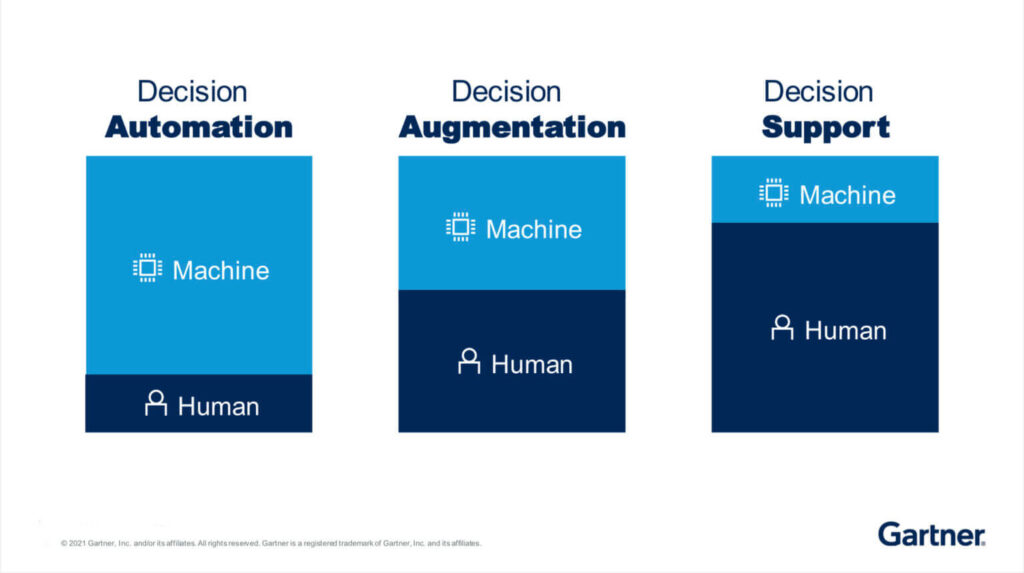
In Power and Progress, co-authored with Simon Johnson, Acemoglu advocates for AI applications that amplify worker productivity and ensure economic gains are shared widely, countering trends that concentrate wealth among elites.
Historical Lessons and Contemporary Parallels
Drawing parallels to the Industrial Revolution, Acemoglu’s research reminds us of the complexities in balancing productivity and equity. His paper, Learning from Ricardo and Thompson: Machinery and Labor in the Early Industrial Revolution, examines how initial productivity gains benefited elites, with workers reaping rewards only after prolonged social advocacy.
“Wages are unlikely to rise when workers cannot push for their share of productivity growth,” he and Johnson caution. This historical lens provides valuable lessons for navigating AI-driven changes, urging stakeholders to consider long-term impacts on labor and wages.
The Pace of Progress: A Case for Deliberation
While innovation often accelerates economic growth, Acemoglu advocates for a measured approach to AI adoption. In collaboration with MIT doctoral student Todd Lensman, he argues that slower integration of transformative technologies can mitigate risks such as job displacement and misinformation.
“Market fundamentalism and technology fundamentalism might claim you should always go at the maximum speed for technology,” Acemoglu observes. “More deliberative thinking, especially to avoid harms and pitfalls, can be justified.”
Addressing the AI Hype
The enthusiasm surrounding AI, fueled by tech companies and venture capitalists, risks overshadowing thoughtful discourse on its societal impact.
Acemoglu warns against prioritizing automation-centric innovations, advocating instead for investments that genuinely enhance human labor. A slower, deliberate adoption process could ensure that AI’s benefits are maximized while its downsides are minimized.
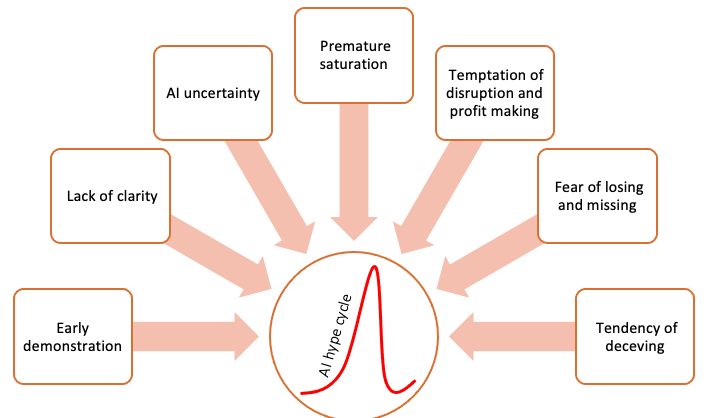
Moving Forward: The Call for Equitable AI
The economic impact of AI is a dynamic and evolving story. Through his research, Daron Acemoglu accentuates the importance of aligning AI innovation with societal goals, ensuring that its benefits extend to the broader population.
As we navigate this technological era, one pressing question remains: How can AI be harnessed to serve the collective good, bridging gaps rather than widening divides?
Read More:
